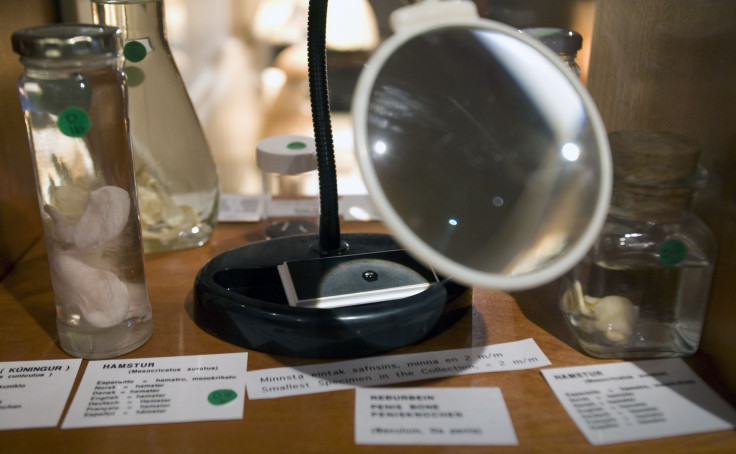Human Evolution: Penis Bone Disappeared When Males Biologically Stopped Worrying About Other Sperm

Many male animals have one but humans do not. That’s right, we are talking about penis bones.
Scientists have long wondered why humans don’t have one. Penis bones are found on mammals and primates the world around, just not on homosapiens. A new study of the bone, known as a baculum, has found that the diverse appendage popped up in mammals more than 95 million years ago and just 50 million years ago in primates. Apparently it’s most common among animals that have sex for longer than three minutes, according to the study published in the journal Proceedings of the Royal Society Wednesday.
Humans, the researchers suggest, don't have the bone because of monogamous relationships. About 1.9 million years ago, human started shacking up and lost the need for the bone, scientists believe. With monogamous relationships, there is less of a reason for prolonged penetration and, theoretically, there is less of a chance of males leaping on women at will.
“We think that is when the human baculum would have disappeared because the mating system changed at that point,” Kit Opie, a researcher with the study at University College London, told the Guardian. “This may have been the final nail in the coffin for the already diminished baculum, which was then lost in ancestral humans.”
The scientists say that humans just don’t need to compete the way that other animals do. Other species need to make sure that they keep the attention of their mate, so having a literal bone helps to prolong the sex. Humans just don’t need to worry about their mate running off and hooking up with someone else before their sperm can make its way to the egg, apparently.
“With the reduced competition for mates, you are less likely to need a baculum,” Opie said. “Despite what we might want to think, we are actually one of the species that comes in below the three minute cut-off where these things come in handy.”
© Copyright IBTimes 2024. All rights reserved.






















